Music
Mini Magazine
- Sunday, April 30, 2023 12:00 (GMT+7)
- 12:00 April 30, 2023
Experts say that in the music industry today, the use of shared samples between songs is very common. It leads to suspicions of plagiarism.
Music plagiarism is nothing new. In fact, debates about it have been around as long as the music industry itself. Not only is plagiarism common, it’s also almost inevitable.
And plagiarism continues to be a hot topic in Vpop. A series of songs have been embroiled in controversy, but not all artists have given explanations.
Plagiarism controversy continues to erupt in Vpop
Nguoi Huong Phao Hoa (Dong Nhi), Vu Co Co Anh (Phuong My Chi) and Ve Voi Em (Vo Ha Tram) are recently released products. The common point of all 3 songs is that they are suspected of plagiarism.
The audience thinks that Nguoi Huo Phao Hoa is similar to the Chinese song Xem nhu gio chu truong bong qua and the new version of Sick Enough To Die released by MC Mong a year ago. However, according to the crew's previous sharing, Nguoi Huo Phao Hoa uses the characteristic sounds from some other songs released many years ago by Dong Nhi. The line "I'm in love with you" in the song Ngot Ngot was also included by DTAP in this product. Therefore, the controversy in the case of Nguoi Huo Phao Hoa was quickly extinguished.
With Vu tru co anh, also produced by DTAP, the audience commented that the hook of the song is similar to Cure For Me (Aurora). This song is a blend of ca tru, pentatonic scale and Western disco. Amidst the doubts and controversies surrounding the song, Phuong My Chi and DTAP did not speak up to explain. In the information section, Aurora's name was not mentioned. Therefore, the audience is wondering if this is a copy or the two teams used samples from the same source.
 |
Phuong My Chi's new song is said to have a hook similar to Cure For Me (Aurora). |
Meanwhile, Ve voi em was accused of plagiarizing Indian music. However, Vo Ha Tram affirmed that the composer had never heard of the Indian song being mentioned. She added that the fact that the two songs have the same 3 notes is very common and is used in many songs. In addition, Ve voi em and the Indian song have no other similarities.
In the past, many other songs have been embroiled in similar controversies. At the end of 2022, The Last Answer , released by singer Quan AP, was commented to have many similarities with the Chinese song How You Have Been performed by singer Eric. At that time, musician Phuc Thien affirmed that he did not know the song How You Have Been .
Phi Phuong Anh, RIN9, MiiNa's "Buon Khong Canh Chua" reminds the audience of many famous Kpop products such as On Rainy Days (BEAST), Happen (Heize), Sick Enough To Die (MC Mong)... After that, RIN9 also denied plagiarism.
Previously, Son Tung's "We of the Present" was removed from YouTube due to a "copyright dispute by GC". His "Is This Love" was also accused by Robin Wesley, a Dutch music producer, of using the beat without permission.
The Consequences of a Changing Music Industry
On Vulture , assistant professor of art, head of the music department at the Clive Davis Institute of Recorded Music, and producer and musician Jeff Peretz points out that determining whether a song is a copycat or not is based on many factors such as harmony, rhythm, melody, interpolation, sampling, flipping, recycling of style and lyrics.
Melody is often the main element. It is usually a series of repeated notes, usually in the voice or in the instrument. Nowadays, audiences often suspect a song of plagiarism when it has a melody similar to another song they have heard.
“Remaking songs is a common part of the song-making process. However, it is important to distinguish between good copying (legal, copyrighted, with permission) and illegal, shameless plagiarism,” says Jeff Peretz.
However, the nature of the music industry is changing, especially the way songs are written and the way fans listen to them. This has led to copycat controversies erupting more frequently.
Talking to Zing , musician Bang Cuong commented that Vietnamese music is following the foreign trend of writing music on existing beats and samples.
He said: “This has been popular for many years. Recently, I have released few new songs because I do not follow the trend of writing lyrics and melodies on existing beats from abroad. Nowadays, technology is becoming more advanced, so the way of composing is also faster. Just hearing a foreign beat, the musician will immediately grasp it, use it and write lyrics.”
However, foreign music beats are not sold to just one person, but to many others. Therefore, sharing harmony and then changing melody is very common in songs. According to musician Bang Cuong, this way of composing is faster but also makes the audience feel repetitive.
“Many songs are embroiled in plagiarism controversies, but in reality, they just share the same beat with another song. To conclude whether a song is plagiarized or not, we need to look at the notes. Only when the notes are 50% similar can it be considered plagiarism,” the musician added.
Pop music critic Kang Il Kwon said that using pre-existing beats and chord progressions is effective in terms of quantity but can make artists "numb" in the creative process.
"No one denies the existence of sampling and reference. There are always pioneers who create trends and many others are greatly influenced by those trends. However, problems arise when these methods are abused," the expert commented.
Another possible scenario is unintentional influence. Many musicians don’t intentionally copy other people’s melodies, but it happens. Artists may hear a melody long ago. Years later, the brain accidentally plays the melody, tricking the musician into thinking it’s their own original.
When the song "Wrong Expectation" performed by Tang Phuc was commented to be similar to "On Rainy Days " (2011) by the band Beast, Nguyen Dinh Vu said he used the popular chord progression of Korean music in the early 2010s. Therefore, the audience can easily associate it with another song when listening to "Wrong Expectation" .
Speaking to New States Man , musician and producer Tom Gray pointed out another reason. That is, there are too many songs, even thousands of songs, released every day. Musicians release songs too quickly, and audiences are exposed to too much sound in a day. Not to mention, platforms often use algorithms to recommend songs with similar styles and genres for audiences to listen to. Therefore, audiences easily feel similar when listening to current songs.
Thai Linh
Plagiarism of Dong Nhi, Phuong My, and Son Tung M-TP
You may be interested in
Source link







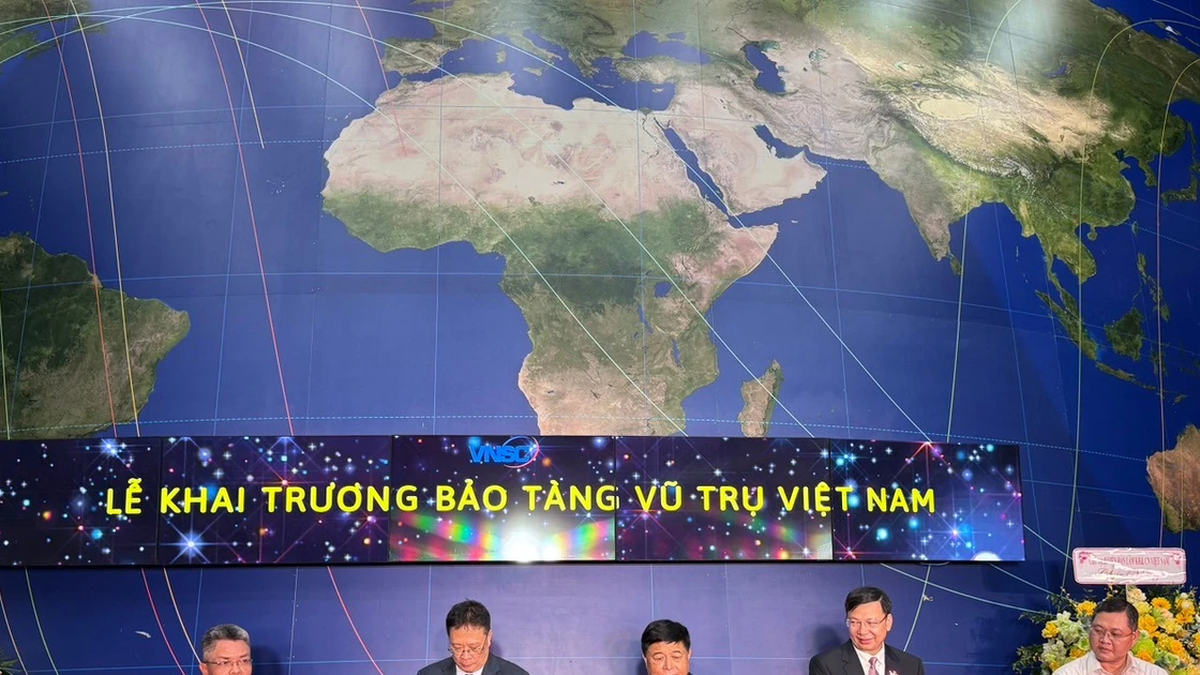
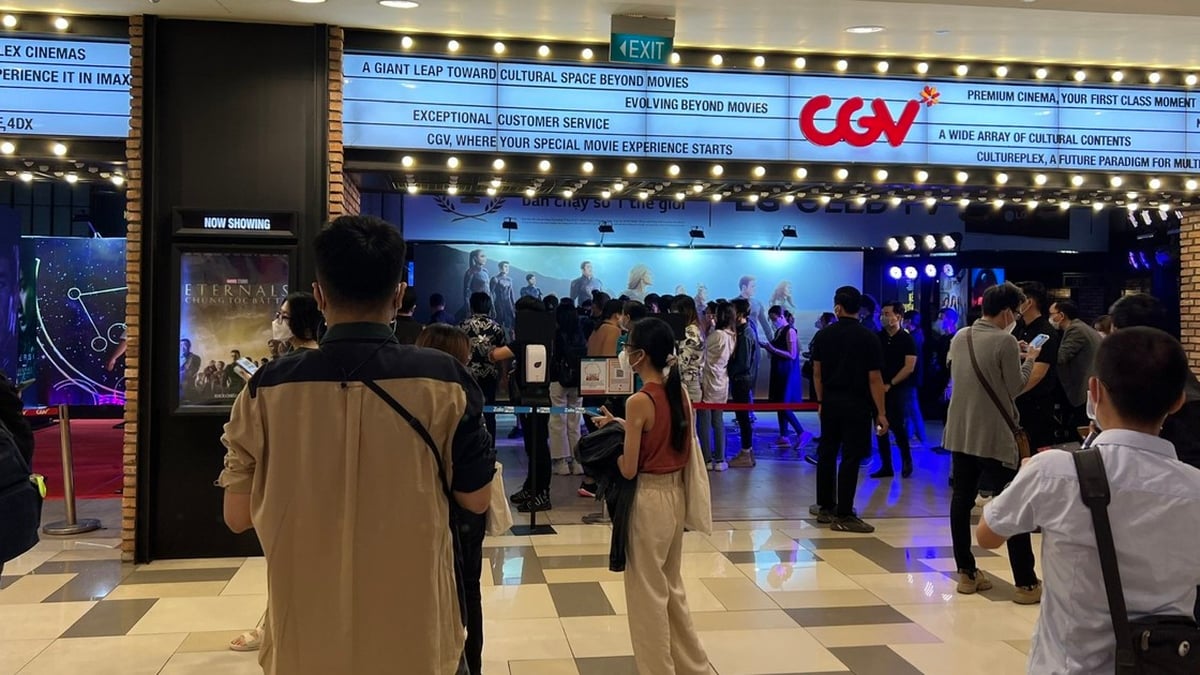



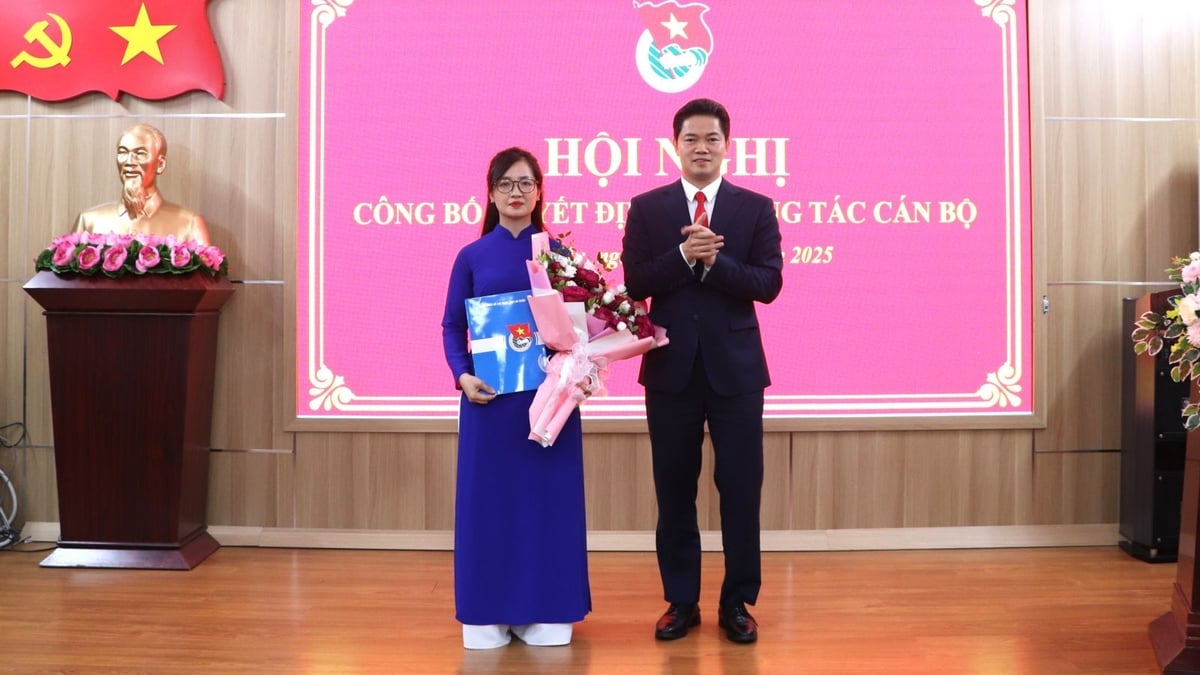











![[Photo] Prime Minister Pham Minh Chinh receives Australian Foreign Minister Penny Wong](https://vphoto.vietnam.vn/thumb/1200x675/vietnam/resource/IMAGE/2025/8/20/f5d413a946444bd2be288d6b700afc33)
![[Photo] An Phu intersection project connecting Ho Chi Minh City-Long Thanh-Dau Giay expressway behind schedule](https://vphoto.vietnam.vn/thumb/1200x675/vietnam/resource/IMAGE/2025/8/21/1ad80e9dd8944150bb72e6c49ecc7e08)

![[Photo] Politburo works with Standing Committees of Lang Son and Bac Ninh Provincial Party Committees](https://vphoto.vietnam.vn/thumb/1200x675/vietnam/resource/IMAGE/2025/8/20/0666629afb39421d8e1bd8922a0537e6)











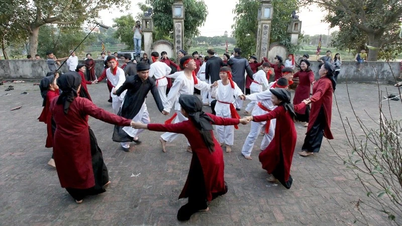















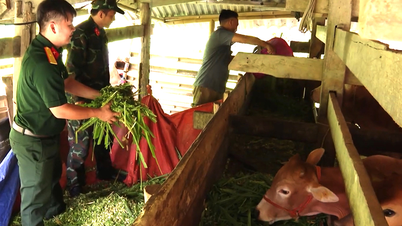















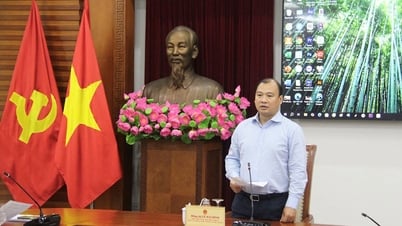



































Comment (0)